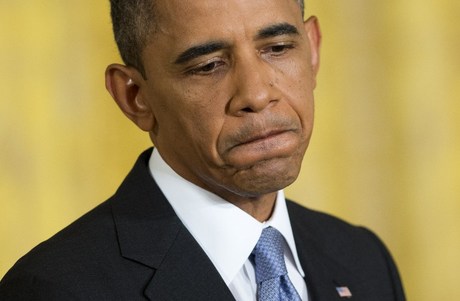
TUNIS: Tunisians go to the polls Sunday for the third parliamentary polls of a successful but hectic transition to democracy since the North African country’s 2011 revolution.
Polling stations open for the seven-million electorate at 8:00 am (0700 GMT) and close 12 hours later, with preliminary official results scheduled for Wednesday although exit polls will be released from late Sunday.
The vote comes two weeks after the first round of a presidential election that swept aside traditional political parties in favor of independent candidates, a trend likely to be repeated in the ballot for MPs.
More than 15,000 candidates on 1,500 lists are contesting 217 seats in a parliament dominated by the Islamist-inspired Ennahdha in alliance with centrist party Nidaa Tounes that has been decimated by infighting.
Informal surveys, in the absence of opinion polls, predict Ennahdha will lose ground to the new Qalb Tounes (Heart of Tunisia) party of jailed business tycoon Nabil Karoui, who has reached an October 13 two-way runoff in Tunisia’s presidential contest.
The sidelining of the ruling political class in the first round on September 15 was rooted in frustration over a stagnant economy, high unemployment, failing public services and rising prices.
Karoui, a media mogul held since August on money-laundering charges, came second behind Kais Saied, an independent law professor. Courts have rejected several appeals for his release during the campaign election.
Interim president Mohammed Ennaceur — filling in since the death of Beji Caid Essebsi in July brought forward the vote for head of state — warned Friday that Karoui’s detention could have “serious and dangerous repercussions on the electoral process.”
While the presidential race may have overshadowed the legislative contest, parliament is responsible for tackling the main challenges facing Tunisian society.
A strong showing for Qalb Tounes could bolster Karoui’s campaign and supporters say it could make a case for him to take over as prime minister if he loses to Saied.
The socially conservative professor has not come out in support of any party.
With the electorate fed up with party political manoeuvring and failure to improve living conditions since the ouster of late longtime autocrat Zine El Abidine Ben Ali, new movements have been vying for votes.
Aich Tounsi, which calls itself an “anti-party,” has emerged from the civil society movement, while Islamist populist lawyer Seifeddine Makhlouf’s Karama aims to take seats from Ennahdha, which has been weakened by past alliances with political elites.
With the plethora of parties and movements in contention, the stage is set for complex and rowdy negotiations before any side emerges with the minimum 109 seats needed to head Tunisia’s next government.
In the runup to the vote, Qalb Tounes and Ennahdha have officially ruled out forming an alliance.
Parliament will have two months to agree on the formation of a new government in a country hailed as the Arab Spring’s sole democratic success story but straining to meet the revolution’s other demands of “work and dignity.”
While it has succeeded in curbing terrorist attacks that rocked the key tourist sector in 2015, Tunisia’s economy remains hampered by austere International Monetary Fund-backed reforms.












